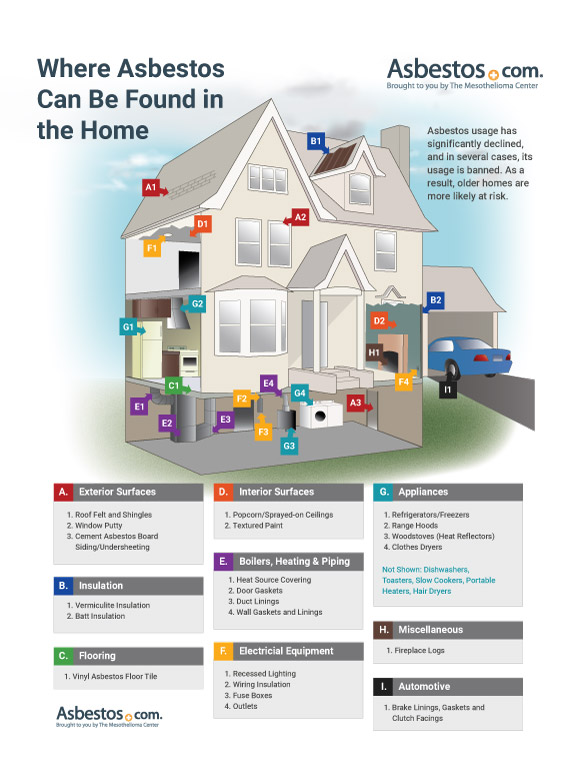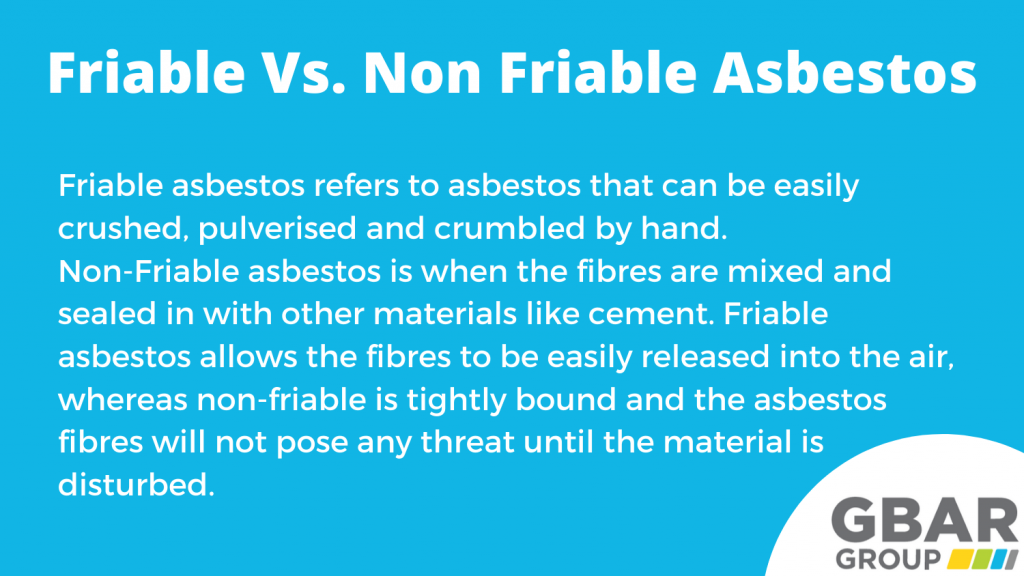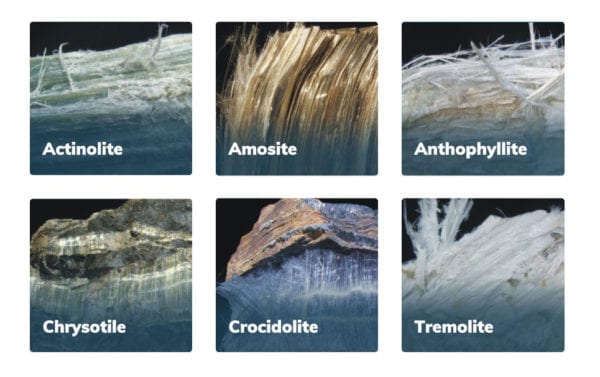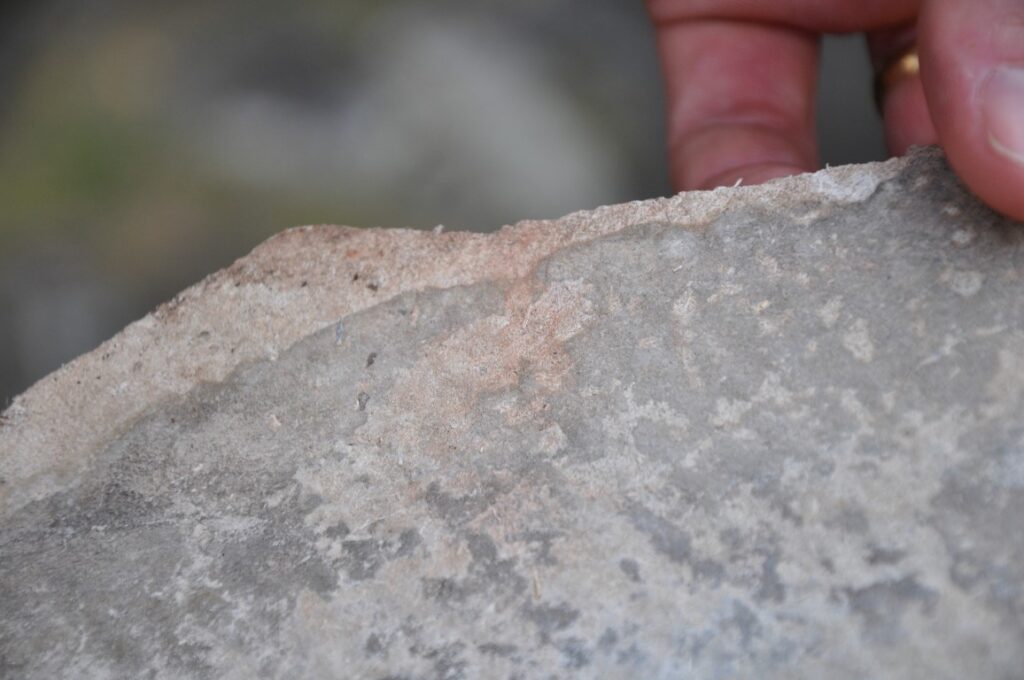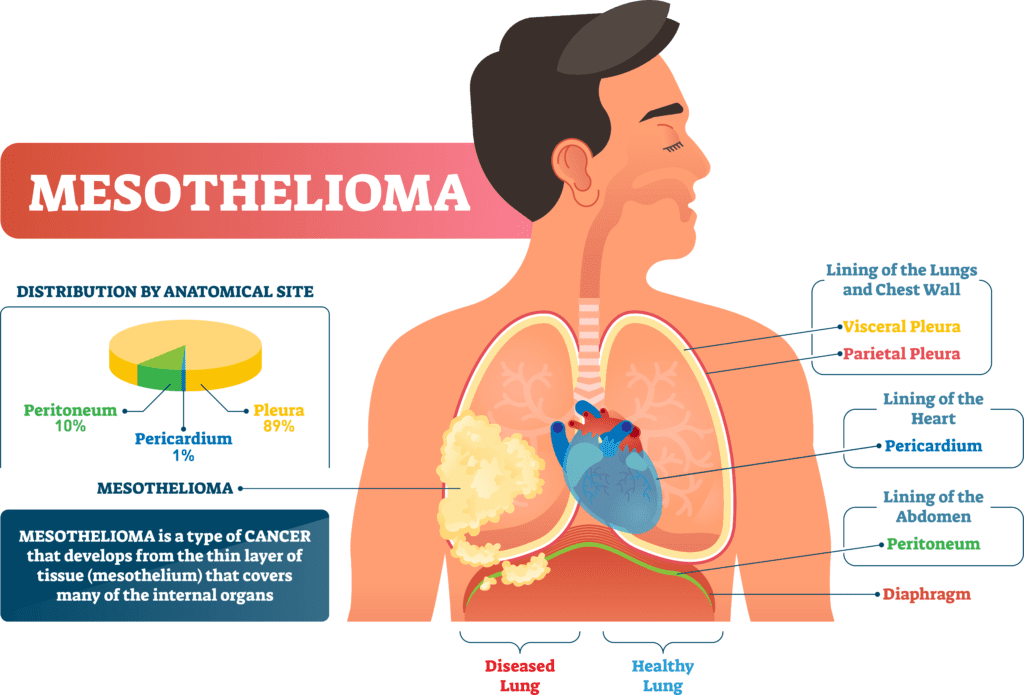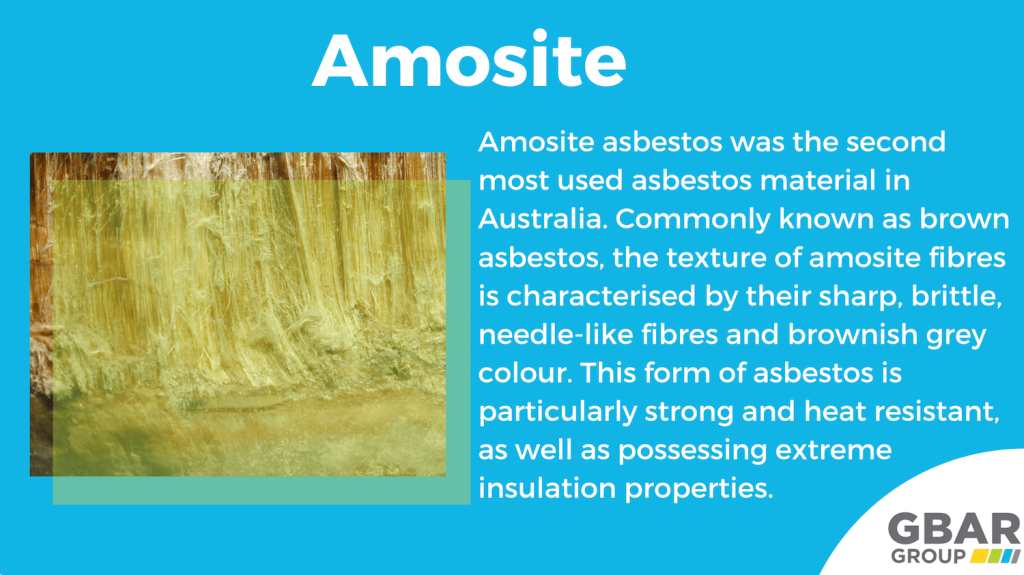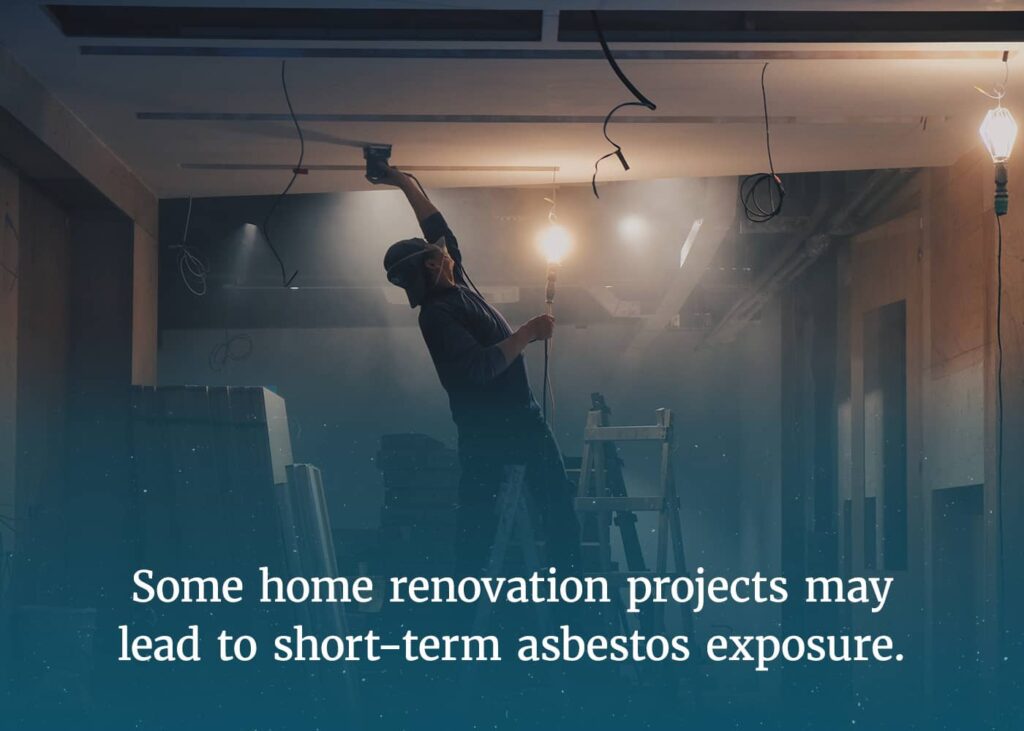Have you ever wondered if it’s possible to get checked for asbestos? Well, the answer is yes. In this article, we will explore the different ways you can determine if you have been exposed to asbestos and the importance of seeking a professional assessment. Whether you suspect asbestos in your home or workplace, understanding the steps to take for proper testing can help ensure your safety and peace of mind. So, let’s get started and find out how you can get peace of mind when it comes to asbestos exposure.
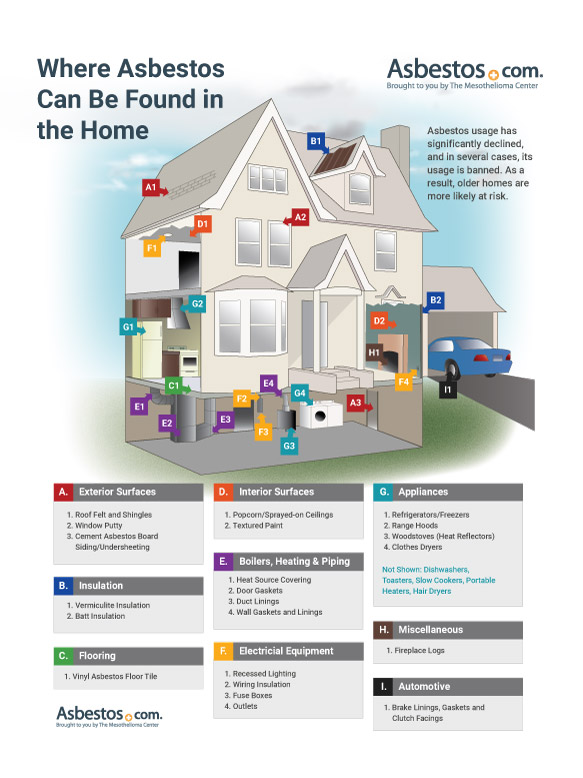

What is Asbestos?
Asbestos is a naturally occurring mineral that was once widely used in various industries due to its strength, flexibility, and heat resistance. It was commonly used in construction materials such as insulation, roofing, and flooring. However, it was later discovered that asbestos exposure can lead to serious health problems, including lung cancer, mesothelioma, and asbestosis.
Symptoms of Asbestos Exposure
Exposure to asbestos may not immediately cause noticeable symptoms. It can take years or even decades for symptoms to appear. When symptoms do occur, they can vary depending on the individual and the severity of exposure. Common symptoms of asbestos exposure include coughing, shortness of breath, chest pain, fatigue, and weight loss. If you experience any of these symptoms and suspect asbestos exposure, it is important to seek medical attention.
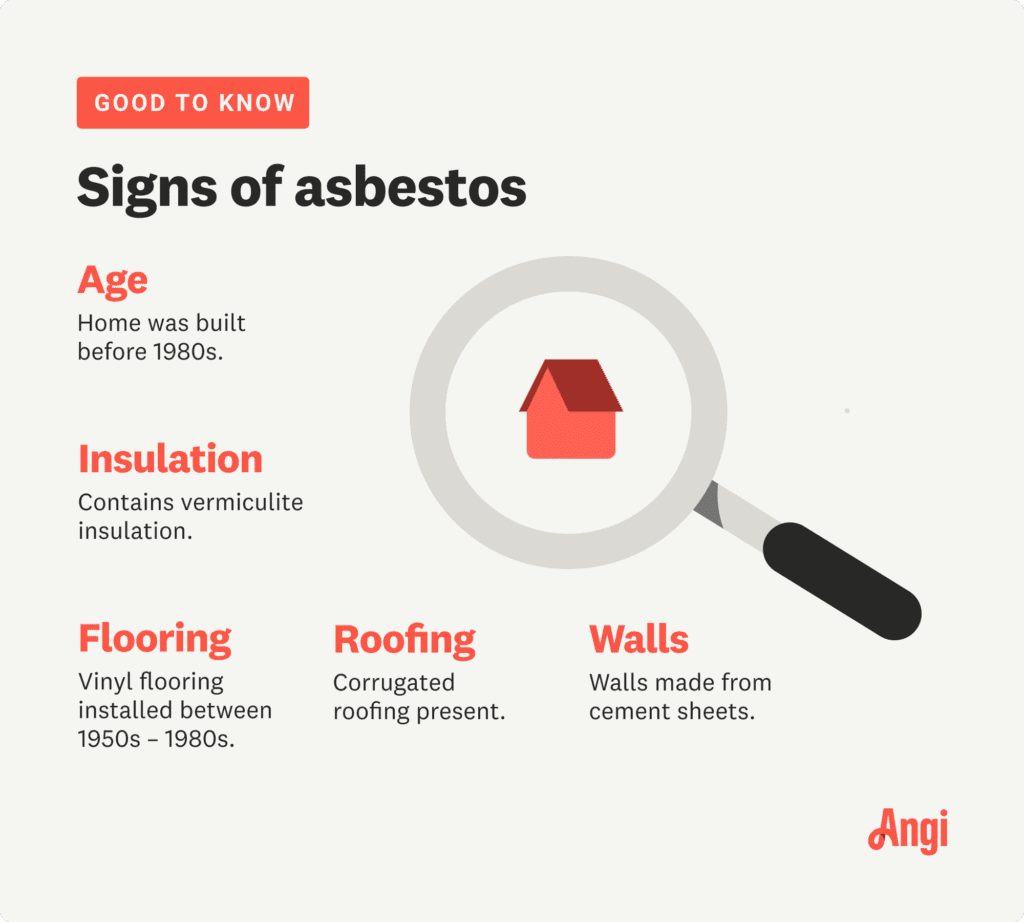

Importance of Asbestos Testing
Understanding the Risks: Asbestos testing is crucial because it helps you assess the potential risks associated with asbestos exposure. Knowing whether asbestos is present in your environment allows you to take appropriate measures to protect yourself and others from the harmful effects of asbestos.
Identifying Potential Asbestos Sources: Asbestos testing helps in identifying areas or materials that may contain asbestos. This knowledge is essential when it comes to renovation or demolition projects, as disturbing asbestos-containing materials can release dangerous fibers into the air.
Legal and Insurance Requirements: In many countries, there are legal and insurance requirements regarding asbestos testing. Before conducting any construction or renovation work, it is often mandatory to have an asbestos inspection and obtain a clearance certificate to ensure compliance with regulations and insurance policies.
Types of Asbestos Tests
Air Sampling: Air sampling involves collecting samples of the air in a specific area to determine the concentration of asbestos fibers. This type of test helps assess the level of airborne asbestos and the potential risk of exposure.
Material Sampling: Material sampling involves collecting samples of suspected asbestos-containing materials, such as insulation or floor tiles. These samples are then analyzed in a laboratory to determine the presence and type of asbestos fibers.
Bulk Sampling: Bulk sampling refers to collecting larger samples of materials that are suspected to contain asbestos. These samples are sent to a laboratory for thorough analysis. Bulk sampling is commonly used when dealing with larger quantities of materials, such as during demolition projects.
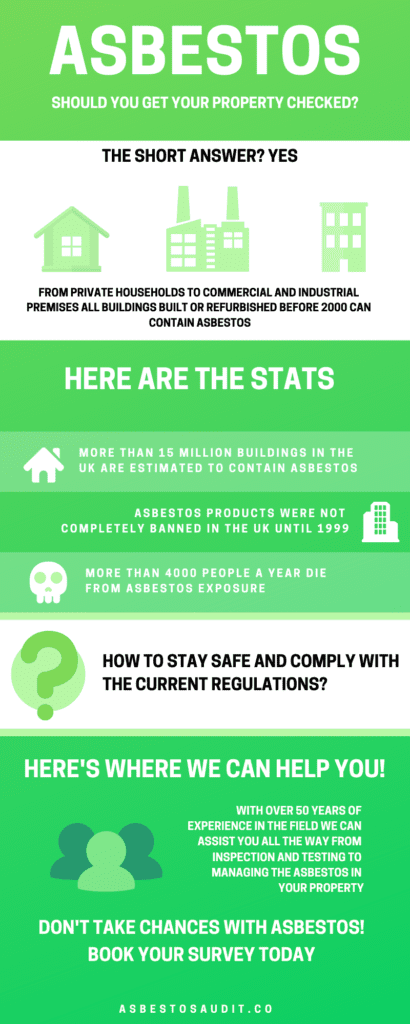

When to Consider Asbestos Testing
Older Buildings and Homes: Asbestos was once widely used in construction materials, particularly in buildings constructed before the 1980s. If you live or work in an older building, it is advisable to consider asbestos testing to ensure the safety of occupants.
Renovation or Demolition Projects: If you are planning any renovation or demolition work in a building, it is crucial to conduct asbestos testing beforehand. Disturbing asbestos-containing materials during such projects can release fibers into the air, posing a significant health risk.
Suspected Asbestos Materials: If you suspect that certain materials in your home or workplace may contain asbestos, it is important to get them tested. Suspicious materials may include insulation, pipe wraps, or textured ceiling finishes. Testing can confirm the presence of asbestos, allowing you to take appropriate measures to ensure safety.
Choosing a Professional Asbestos Testing Service
Certifications and Accreditations: When selecting an asbestos testing service, it is essential to ensure that they hold the necessary certifications and accreditations. Look for certifications from relevant industry bodies or agencies that demonstrate their expertise and adherence to quality standards.
Experience and Expertise: Choose a testing service with experience in asbestos testing. Their expertise in handling samples and accurately analyzing results is crucial for obtaining reliable and trustworthy information.
Sample Analysis and Reporting: A reputable testing service should provide detailed reports of sample analysis. The report should clearly indicate the presence or absence of asbestos, as well as the type and concentration of fibers detected. It is important to choose a service that can provide comprehensive and accurate results.
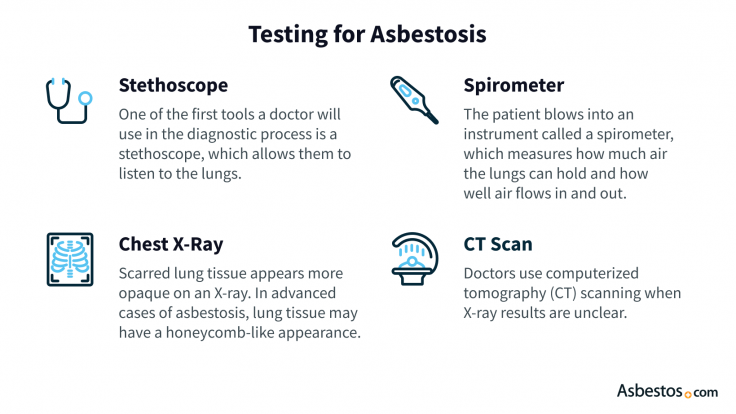

What to Expect During an Asbestos Inspection
Pre-Inspection Assessment: Before starting the inspection, a qualified professional will conduct a pre-inspection assessment to understand the type of building, its history, and any potential asbestos-containing materials present. This assessment helps determine the scope of the inspection and any specific areas of concern.
Site Examination: During the site examination, the inspector will visually inspect the building and its components for any signs of asbestos-containing materials. Areas that may be inspected include walls, ceilings, pipes, insulation, and flooring. The inspector may also use specialized tools, such as a borescope, to access hard-to-reach areas.
Sampling Procedures: If suspected asbestos-containing materials are identified during the inspection, the inspector will collect samples for laboratory analysis. The samples will be carefully collected using approved methods to prevent fiber release. These samples will then be sent to an accredited laboratory for analysis.
Cost of Asbestos Testing
Factors Influencing Cost: The cost of asbestos testing can vary depending on several factors. Some of these factors include the size of the building or area to be tested, the number of samples collected, the type of materials being sampled, and the location of the property.
Average Price Range: On average, the cost of asbestos testing can range from $500 to $1500, depending on the factors mentioned above. It is important to obtain quotes from different testing services and compare their services and prices before making a decision.
Additional Costs: In addition to the testing itself, there may be additional costs associated with asbestos testing. These costs may include sample collection, sample analysis fees charged by the laboratory, and any necessary follow-up inspections or reports.
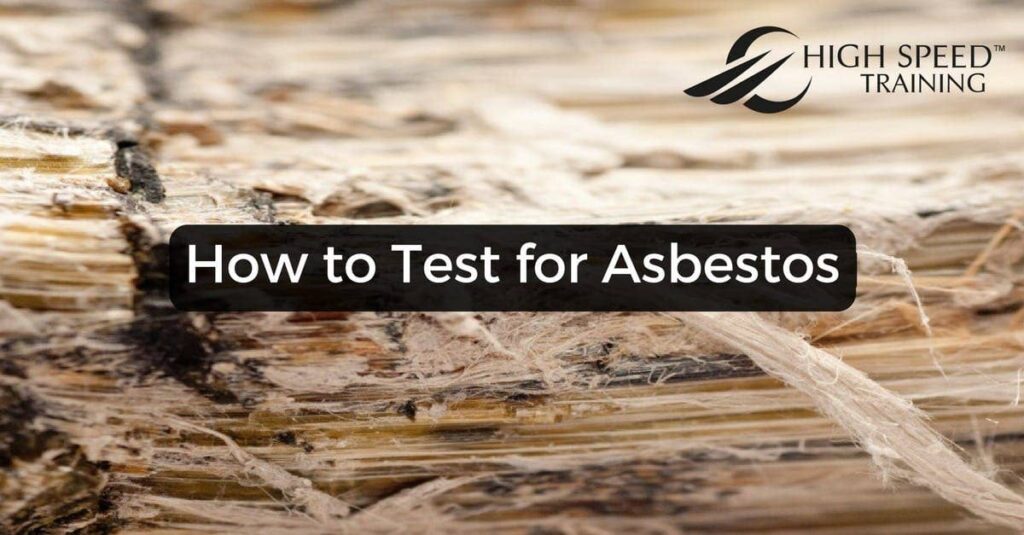

Potential Risks During Asbestos Testing
Airborne Asbestos Exposure: During asbestos testing, there is a risk of airborne asbestos fibers being released into the environment. This can occur if the samples are not handled properly or if there are existing damaged asbestos materials. A professional testing service will take necessary precautions to minimize the risk of fiber release during the testing process.
Contamination of Surrounding Areas: If asbestos-containing materials are disturbed during the testing process, there is a potential risk of contaminating surrounding areas. This can happen if proper containment measures are not taken. It is crucial to choose a testing service that follows strict procedures to prevent cross-contamination.
Health and Safety Precautions: To ensure the safety of both the occupants and the testing personnel, certain precautions should be taken during asbestos testing. These may include wearing personal protective equipment (PPE), using specialized tools to minimize fiber release, and following proper hygiene practices after completing the testing.
Interpreting Asbestos Test Results
Presence of Asbestos Fibers: The test results will indicate whether asbestos fibers were detected in the samples collected. If the results indicate the presence of asbestos, it is important to take necessary steps to manage and minimize exposure to prevent health risks.
Types of Asbestos Detected: Asbestos comes in different types, including chrysotile, amosite, and crocidolite. The test results will identify the specific type(s) of asbestos found in the samples. This information is important for determining the potential health risks associated with the specific type of asbestos detected.
Recommended Actions: Based on the test results, the testing service or a qualified professional can provide recommendations on the appropriate actions to take. This may include asbestos removal, encapsulation, or ongoing monitoring to ensure the safety of occupants.
In conclusion, asbestos testing is crucial for assessing the potential risks associated with asbestos exposure, identifying the presence of asbestos-containing materials, and ensuring compliance with legal and insurance requirements. By choosing a professional asbestos testing service, you can have peace of mind knowing that accurate results will be obtained and appropriate actions can be taken to mitigate any risks. Remember, it’s always better to be safe than sorry when it comes to asbestos.

